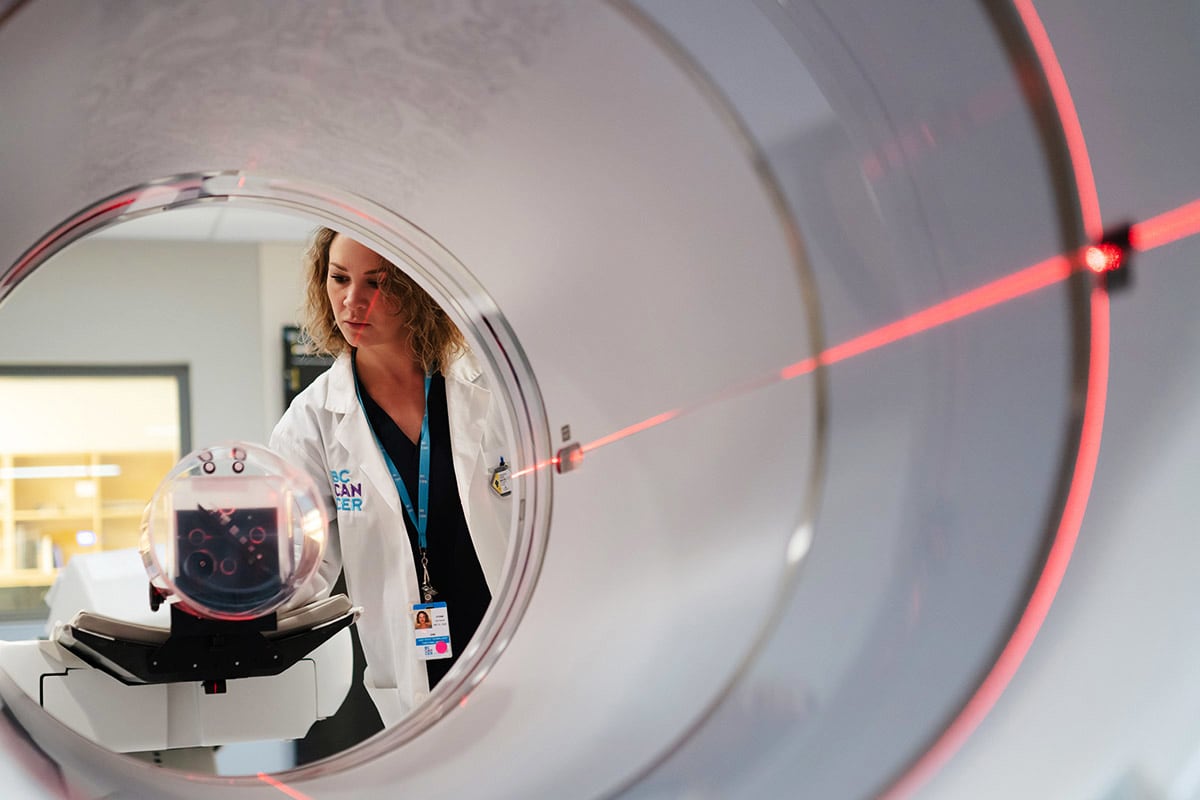Pollution accounts for 23% of lung cancer deaths, research finds
February 19, 2019
Found in General, Innovation
By next year, we project that lung cancer will be the fifth highest killer among all cancer and non-cancer diseases across Canada.
Only about 18 per cent of patients survive five years or more, simply because symptoms often don’t show until it’s too late.
With our research, we know that lung cancer is treated earlier – before it spreads outside the air passages – we can change this. We project that over 80 per cent of those with early lung cancer – what we call Stage IA – can survive if the disease is caught early and treatment started.
Cynthia’s story: highlighting the importance of early detection
In my previous blog, I mentioned that women of Asian decent who have never smoked are several times more likely to develop lung cancer than men.
This is mainly due to outdoor and household air pollution in urban areas. In total, these account for 23% of all lung cancer-related deaths.
We’ve seen from our research that the type of lung cancer in Asian never-smokers has different genetic alterations than Caucasians who develop the same disease.
A patient of mine, Dr. Cynthia Chan, was diagnosed with this type of cancer, unique to Asian women who have never smoked.
She recently shared her story with the BC Cancer Foundation to highlight the importance of supporting early detection research.
By the time Cynthia was diagnosed, her cancer was at late stage. It was too late to prevent the disease from spreading.
Still, research developments have led to a new targeted therapy that is controlling her cancer and allowing her to live with it for over four years with a good quality of life rather than a death sentence.
If she had been diagnosed earlier, her cancer could have been cured by surgery.
Lung cancer research has made extraordinary strides that are helping save lives – both through new treatment and prevention techniques.
BC Cancer Foundation donors integral in quest to find cures
BC Cancer Foundation donors are integral as we continue to move the dial for lung cancer care for patients like Cynthia.
Generous donations help establish the infrastructure we need to continue to spearhead new research projects. These projects enable us to better understand how to treat this disease.
The Leon Judah Blackmore Foundation gift of $1.5M in 2017, for example, enabled us to recruit new talent to the BC Cancer Lung Cancer Screening Project.
This type of investment in human capital is very difficult to attain otherwise, but tremendously beneficial in providing fresh perspectives to tackle research and propose new ideas for treatment.
This past month, Donald and Julia Leung donated an additional $1.5M to our efforts – a huge boost to our research capacity.
The funds will help provide new equipment and establish a new chemo prevention program to further our aim of improving treatment for families.
Next blog, I’ll discuss in more detail this program and what the future holds for lung cancer treatment.
Thanks for reading,
Stephen


